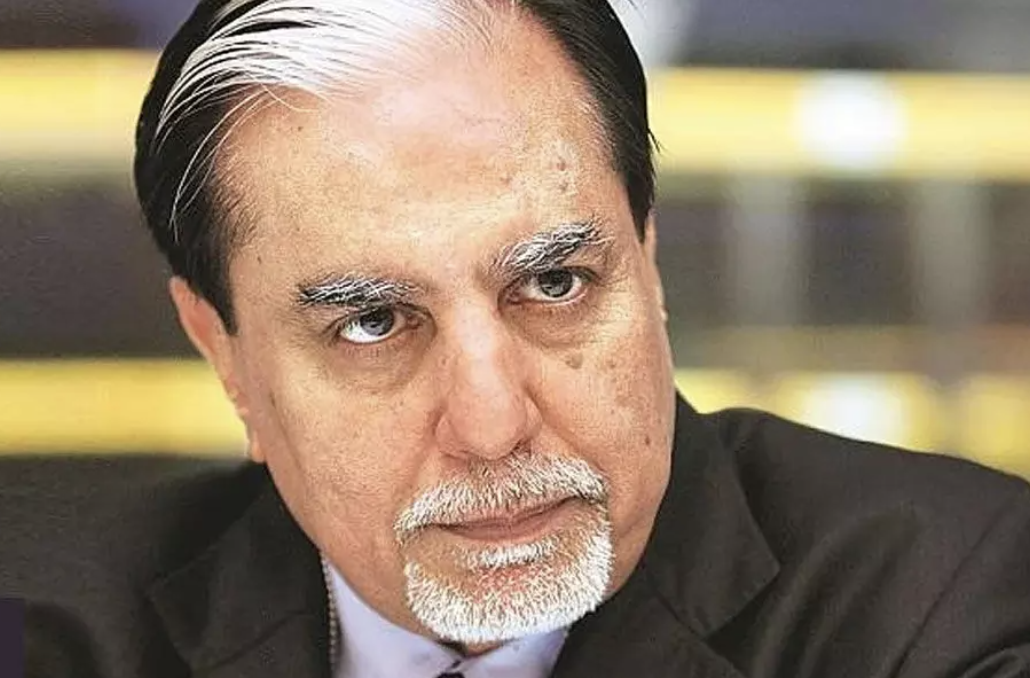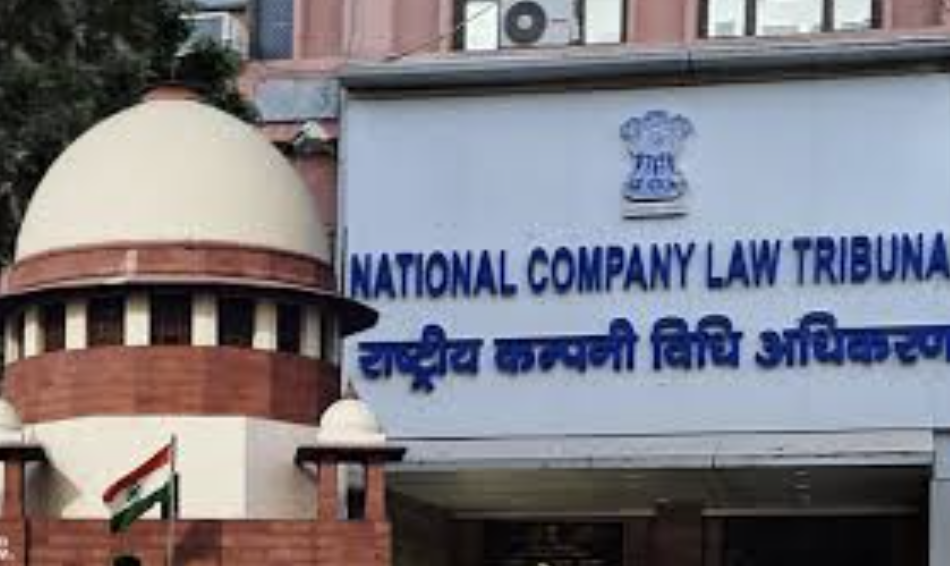Subhash Chandra, Media Mogul, Faces Personal Insolvency Proceedings for Rs 170 Crore Default

Table of Content
In a significant move, the National Company Law Tribunal (NCLT) has admitted a petition against Subhash Chandra, the revered founder-chairman emeritus of Zee Entertainment Enterprises. The petition, filed by Indiabulls Housing Finance, stems from a personal guarantee of around Rs 170 crore given by Chandra to a group entity, Vivek Infracon.
The legal battle reached the NCLT after Indiabulls Housing Finance pursued a default that occurred in 2022. Chandra initially challenged the NCLT's jurisdiction, but a subsequent settlement agreement fell through. This impasse prompted Indiabulls Housing Finance to seek the tribunal's intervention once more.

The NCLT's order marks a noteworthy development in the wake of the Supreme Court's 2022 ruling upholding the personal insolvency provisions of the Insolvency & Bankruptcy Code (IBC). This ruling has paved the way for creditors to target corporate chiefs who have failed to fully repay debts in corporate insolvency cases.
While details of the NCLT's order are yet to be released, the tribunal has reportedly rejected petitions from two other creditors, IDBI Trusteeship and Axis Bank.
Chandra's office has stated that it will "take appropriate steps in accordance with the applicable law." The media mogul has the option to appeal the NCLT's decision at the appellate tribunal (NCLAT).
Unlike corporate insolvency resolution processes, personal insolvency proceedings involve the appointment of a resolution professional by the NCLT. This professional oversees the preparation of a repayment plan that may include restructuring loans or liquidating assets. Notably, personal insolvency proceedings are subject to a moratorium, which halts all legal actions against the personal guarantor.
Progress in personal insolvency cases has been slow to date, but the NCLT's order against Chandra suggests that the legal framework is gaining traction. As creditors seek to recover unpaid debts from corporate heads, personal insolvency proceedings are likely to become an increasingly common tool in the financial landscape.
